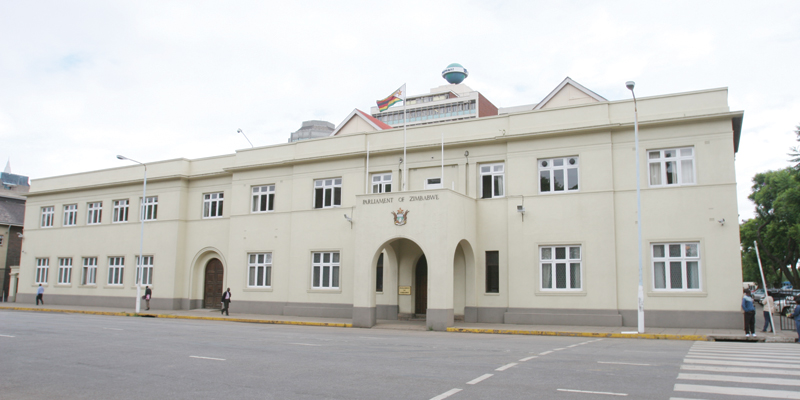
PARLIAMENTARY debates might soon be streamed in live on a new channel dedicated to legislative business if the country goes digital by 2015, Media, Information and Broadcasting Services deputy minister Supa Mandiwanzira said on Thursday.
SENIOR PARLIAMENTARY REPORTER
He told the Senate during the question and answer session that although the country faced financial hurdles to enable it to meet the digitalisation deadline by June 2015, agreements that were recently signed with Huawei Company of China had a focus on assisting Zimbabwe on the issue of transmission broadcasting.
Chief Enos Musarurwa had asked Mandiwanzira to explain if the country was going to meet the 2015 digitalisation deadline because transmission at rural areas had become worse.
Another senator for Matabeleland South Tambudzani Mohadi demanded to know when live broadcasting of all Parliamentary debates will be achieved for the benefit of rural people.
About $173 million is required for the digitalisation process.
“Migration from analogue to digital will result in many channels and this will be an advantage because a specific channel for Parliamentary activities can be reserved for live broadcasting,” Mandiwanzira said.
“It is true that government is busy seeking funds to ensure that we get machines to ensure digitalisation takes place by June 17th, because the visit by the Head of State to China resulted in the signing of agreements with Huawei,” he said.
- Chamisa under fire over US$120K donation
- Mavhunga puts DeMbare into Chibuku quarterfinals
- Pension funds bet on Cabora Bassa oilfields
- Councils defy govt fire tender directive
Keep Reading
He said there was a possibility to make money from analogue transmitters that would be disposed of when the country went digital because the cellphone industry used them.
“From the analogue – those in the cellphone industry compete in order to get those waves and the owners of these waves can actually sell them to those in the cellphone industry,” he said.











